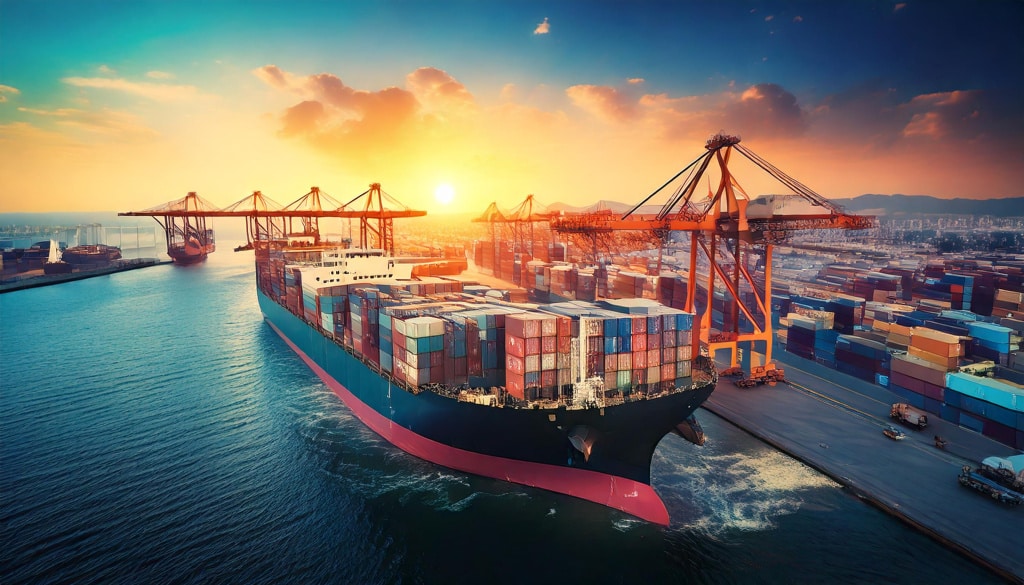Expert Guidance on 7 Key Aspects: Registration, Optimal Usage of Excisable Goods, Strategic Granting of Excise Exemptions, and Comprehensive Monitoring, Evaluation, and Revocation of Excise Exemption Facilities
- December 16, 2024
- Posted by: Administrator
- Category: Tax Updates

The Directorate General of Customs and Excise (DGCE) has introduced Regulation No. PER-13/BC/2024 to amend its previous regulation, PER-43/BC/2017, regarding the registration, usage, and management of excise exemptions. This updated regulation covers essential aspects for the optimal use of excisable goods, the strategic granting of excise exemptions, and the monitoring, evaluation, and potential revocation of exemption facilities. Here, we break down the seven key aspects of the regulation for a clearer understanding of the excise exemption framework.
Criteria for Goods Eligible for Excise Exemption
The regulation sets specific criteria for goods that are eligible for excise exemptions. These include goods used for non-commercial purposes, such as raw materials for the production of non-excisable goods, research and development, and diplomatic activities. Additionally, certain goods for social purposes such as healthcare, disaster relief, and religious ceremonies are also exempt. These guidelines ensure that excise exemptions are granted in a transparent and regulated manner.
Registration Procedure for Excise Exemption
To qualify for excise exemptions, entities must undergo a formal registration process. This includes submitting the necessary documentation about the goods and their intended use, alongside compliance with specific criteria set by the DGCE. The registration ensures that only legitimate entities benefit from the excise exemption system. Failure to comply with the registration requirements can lead to the revocation of the exemption and penalties.
Strategic Granting of Excise Exemptions
Excise exemptions are granted strategically to support specific sectors and purposes. For example, raw materials and auxiliary materials used in the production of non-excisable goods are eligible for exemption, enabling industries to function without incurring additional costs. Furthermore, excise exemptions are granted for research and scientific development, which encourages technological progress. The exemption also supports diplomatic relations by allowing foreign diplomats and experts to benefit from excise-free goods based on reciprocity.
Optimal Usage of Excisable Goods
The regulation emphasizes the importance of ensuring excisable goods are used optimally and for their intended purposes. Excisable goods such as alcohol, tobacco, and luxury items can be exempted when they are used for specific non-commercial or regulated activities. This ensures that excise exemptions do not undermine the integrity of the tax system but instead support activities that benefit society, industry, and research.
Monitoring and Evaluation of Exemption Facilities
A key aspect of the excise exemption system is the monitoring and evaluation of exempted goods. The DGCE has put in place a comprehensive monitoring mechanism to ensure that excised goods are being used appropriately and for the correct purposes. Regular evaluations are conducted to assess the continued eligibility of exemption facilities, ensuring they remain compliant with the regulations. This also helps identify any potential misuse or non-compliance that may require action.
Revocation of Excise Exemption Facilities
Regulation No. PER-13/BC/2024 stipulates conditions under which excise exemptions can be revoked. If exempted goods are found to be used for purposes other than those specified in the registration, or if the entity fails to comply with monitoring requirements, the exemption can be revoked. Revocation serves as a safeguard to prevent misuse of the system and ensures that excise exemptions are granted only to those who comply with the established rules.
Ensuring Fair and Transparent Use of Excise Exemptions
Finally, the regulation stresses the importance of fairness and transparency in the granting of excise exemptions. By adhering to a clear and structured process, the DGCE ensures that excise exemptions are granted only to those who truly need them for legitimate purposes. This helps to maintain a balanced and efficient tax system where excisable goods are used for constructive and socially beneficial activities without undermining the integrity of the tax system.
